When Edith Perales was younger, he joined the National Bolivarian Militia, a civilian force created in 2009 by the late President Hugo Chávez to help defend Venezuela.
“We have to be a country capable of defending every last inch of our territory so no one comes to mess with us,” Chávez said at the time.
Sixteen years later, Perales, now 68, stands among thousands of militia members preparing for what they fear could be a US attack.
Militia called to duty after deadly US strikes
The force, often made up of senior citizens, has mobilized after the US Navy deployed ships to the South Caribbean in what US officials described as counter-narcotics operations. The US military destroyed at least three boats it claimed carried drugs bound for the US, killing 17 people.
Venezuelan Defense Minister Vladimir Padrino condemned the strikes and naval buildup as a “non-declared war” against Venezuela. President Nicolás Maduro quickly ordered the militias into active duty.
Perales keeps his uniform and boots ready to defend his neighborhood in Caracas’ 23 de Enero district, a longtime stronghold of Chavismo, the leftist ideology of Chávez and his successor Maduro. A loyal supporter, he insists he is “ready to serve whenever they call me.”
“We have to defend the fatherland,” he tells the BBC, echoing Maduro’s combative tone after the strikes.
Tension rises, but experts doubt invasion
Graffiti in pro-government areas now declares: “If you mess with Maduro, you mess with the neighborhood.”
Military analysts told the BBC the US deployment in the Caribbean is significant, but not large enough to indicate a planned invasion. Still, relations between Caracas and Washington—already strained—have worsened since Donald Trump returned to the White House.
The US and other nations refused to recognize Maduro’s July 2024 re-election, citing opposition evidence that rival Edmundo González won by a landslide.
Shortly after taking office again, Trump labeled the Venezuelan gang Tren de Aragua a terrorist group, using that designation to deport Venezuelan migrants and justify the recent naval operations. His administration has accused Maduro of colluding with cartels and doubled the reward for his capture to $50 million (£37.3m).
Maduro rejects the allegations but has cooperated with Washington in some areas, such as accepting deported Venezuelan migrants accused of gang ties. After the first boat strike, he even wrote to Trump requesting a meeting—an offer the White House declined.
Militia training expands
Inside Venezuela, Maduro has ordered the National Bolivarian Armed Forces (FANB) to intensify training for local militias like the one Perales belongs to. These groups consist mostly of poor community volunteers, though public sector workers have reported pressure to enlist.
In the past, militias mainly boosted numbers at political rallies and parades. Members are generally older than the feared “colectivos”—hard-core government supporters accused of human rights abuses and often deployed to suppress protests.
Now, with tensions rising, the militias find themselves preparing for far more than parades.
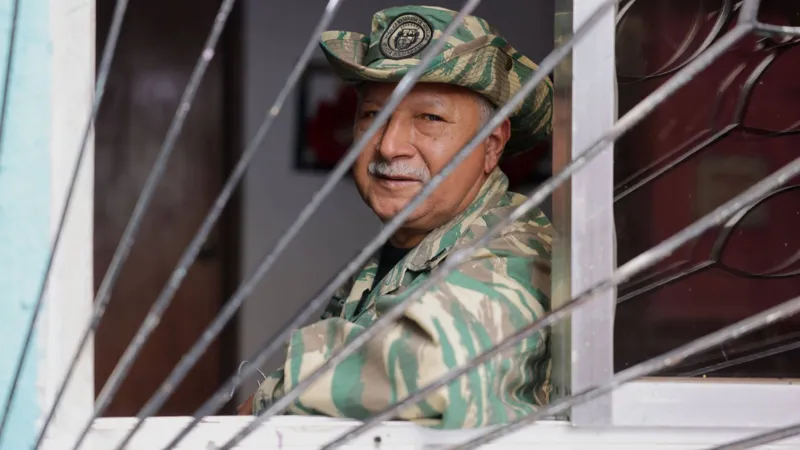
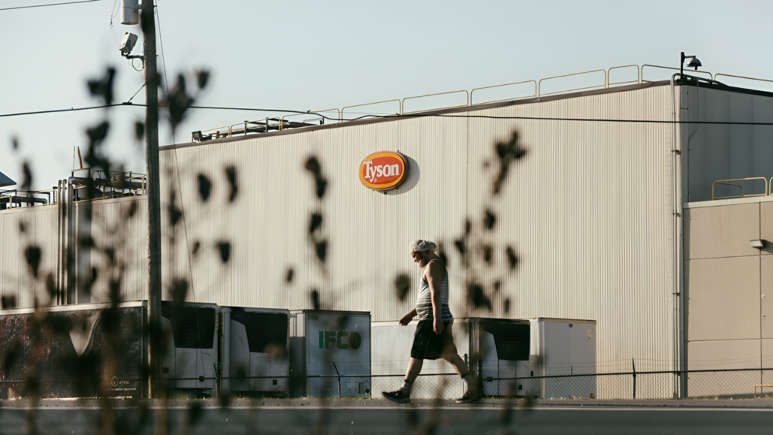

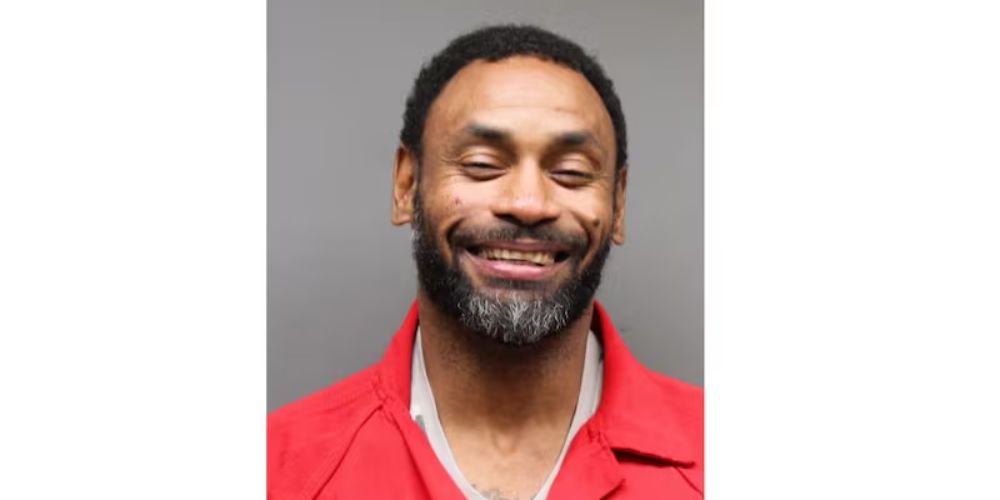
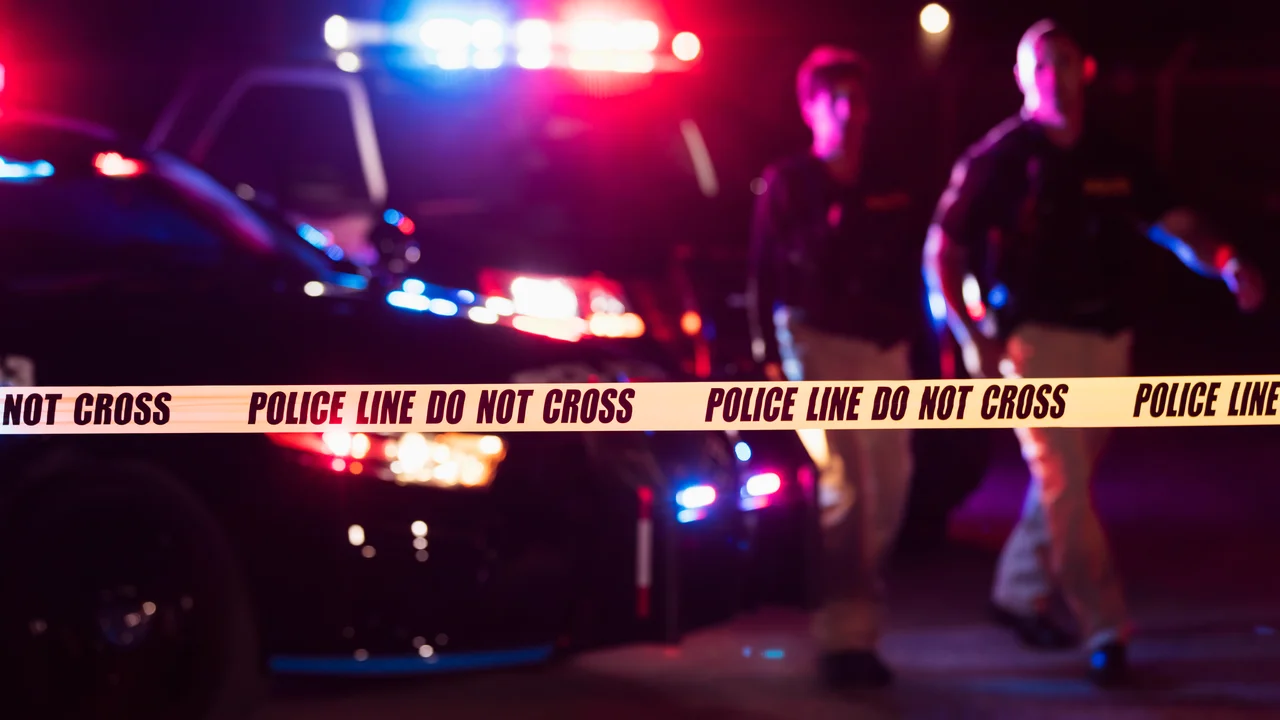

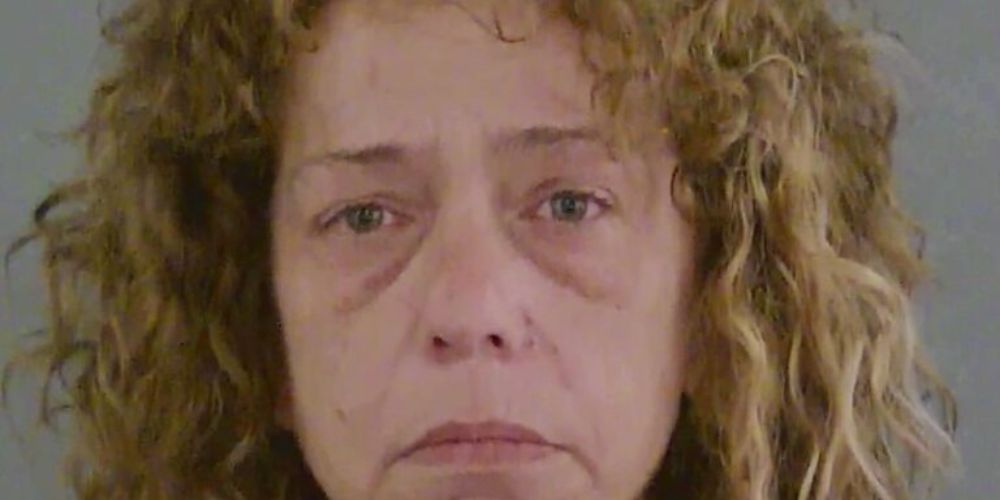
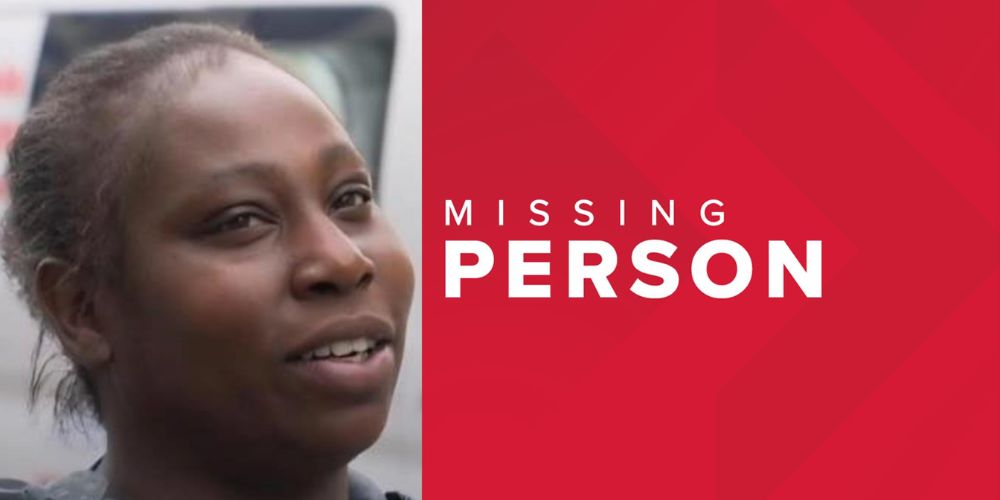
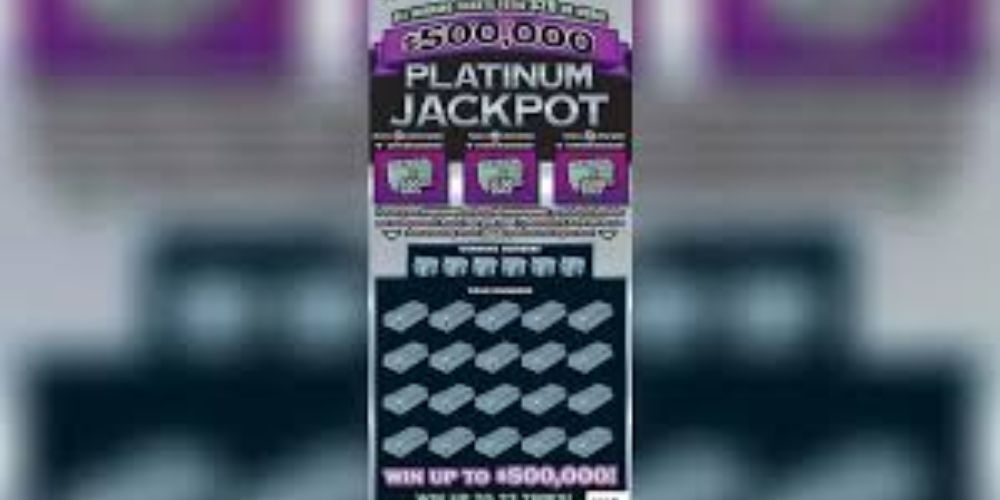
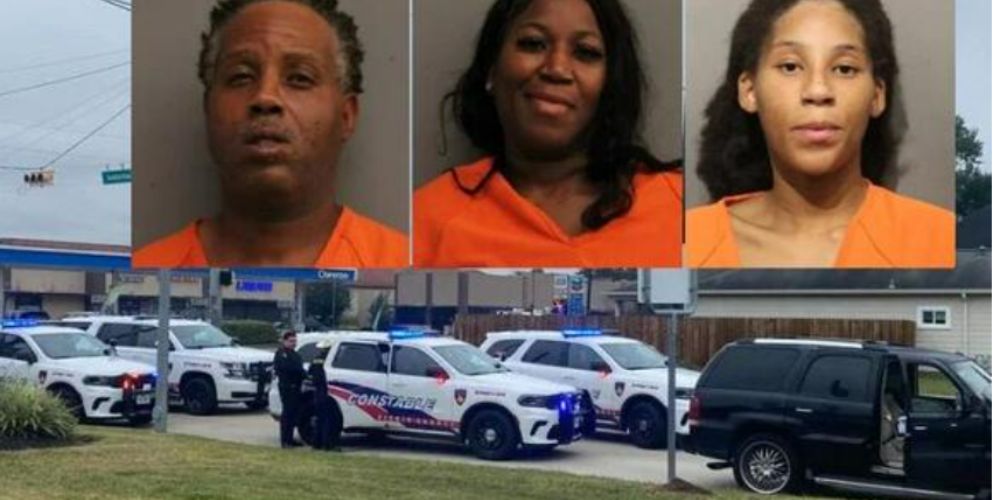
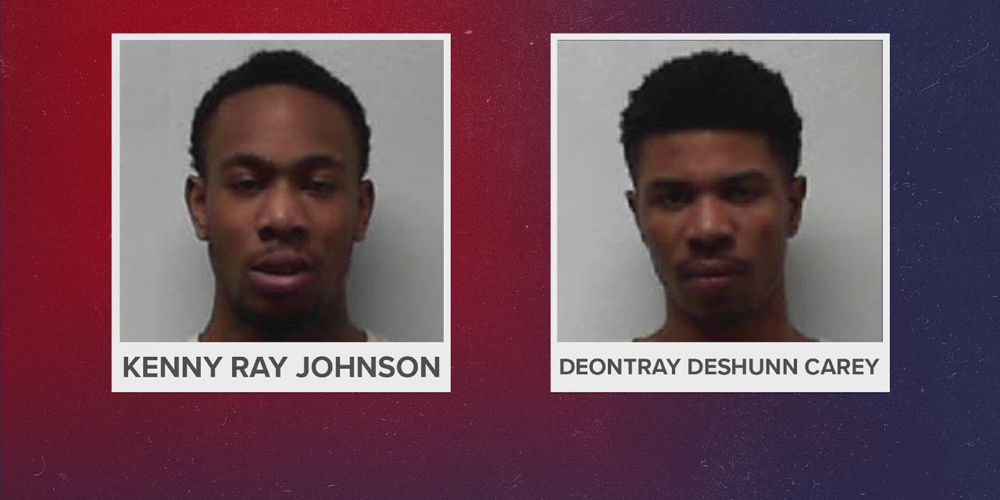
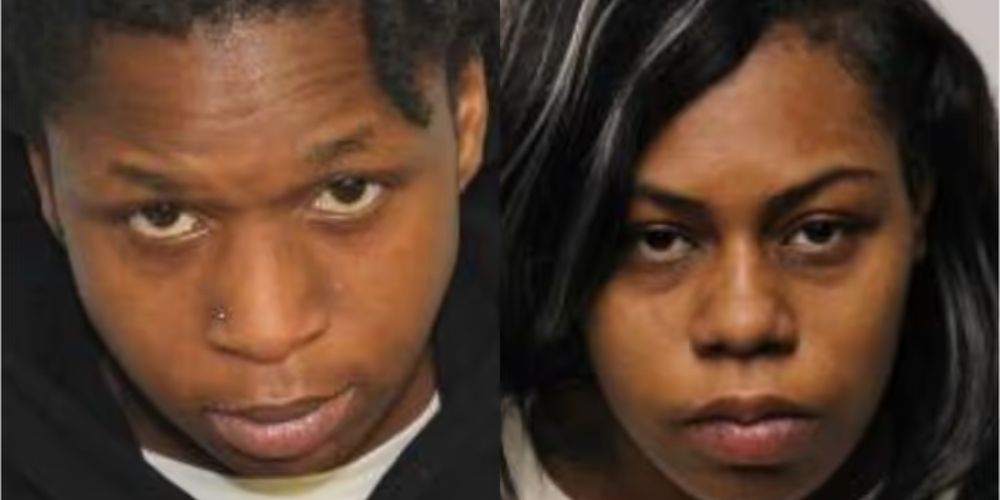
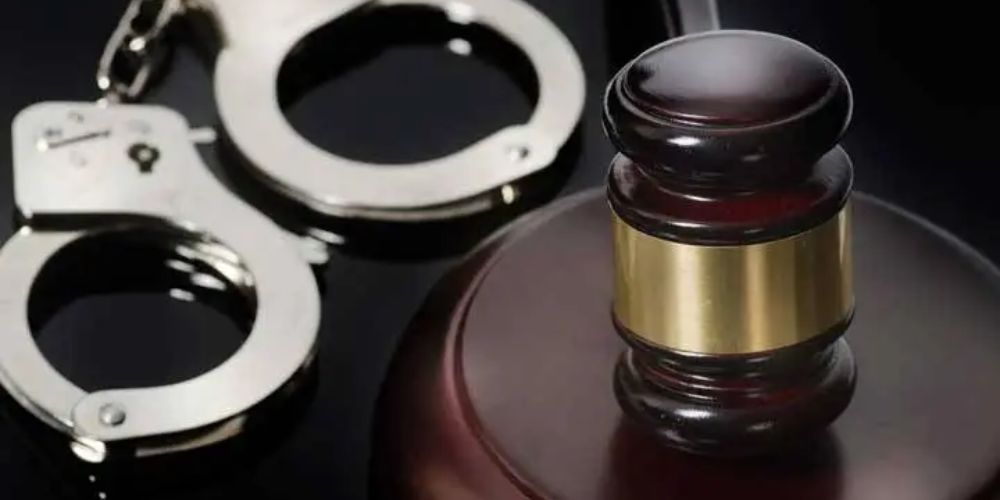
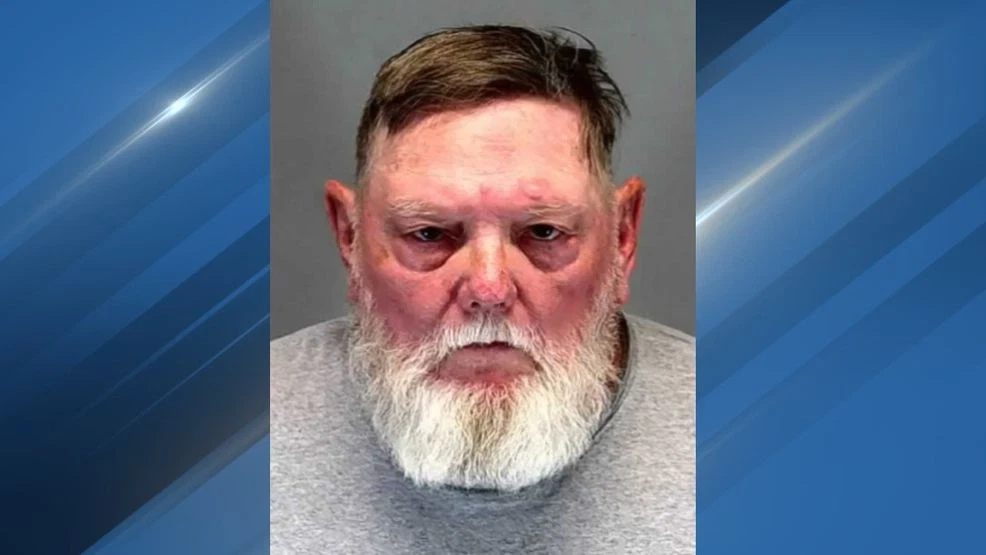
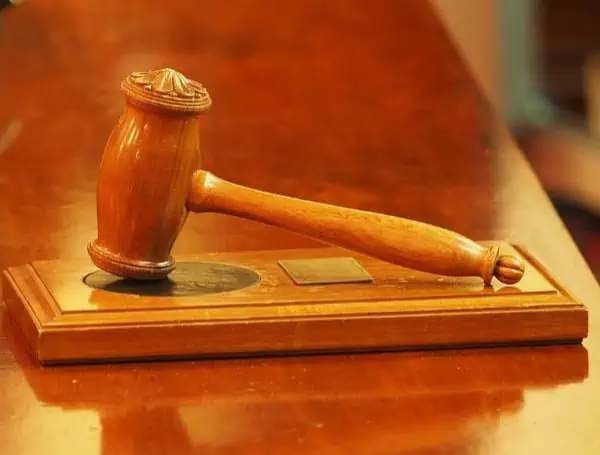
Leave a Reply